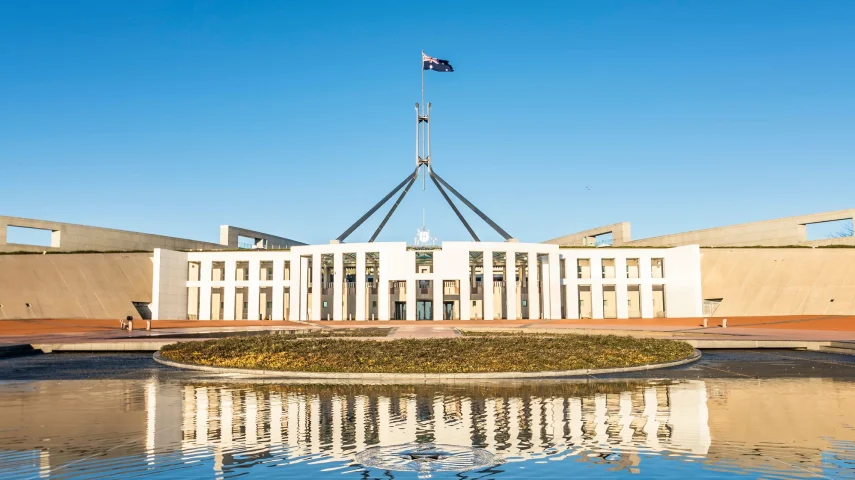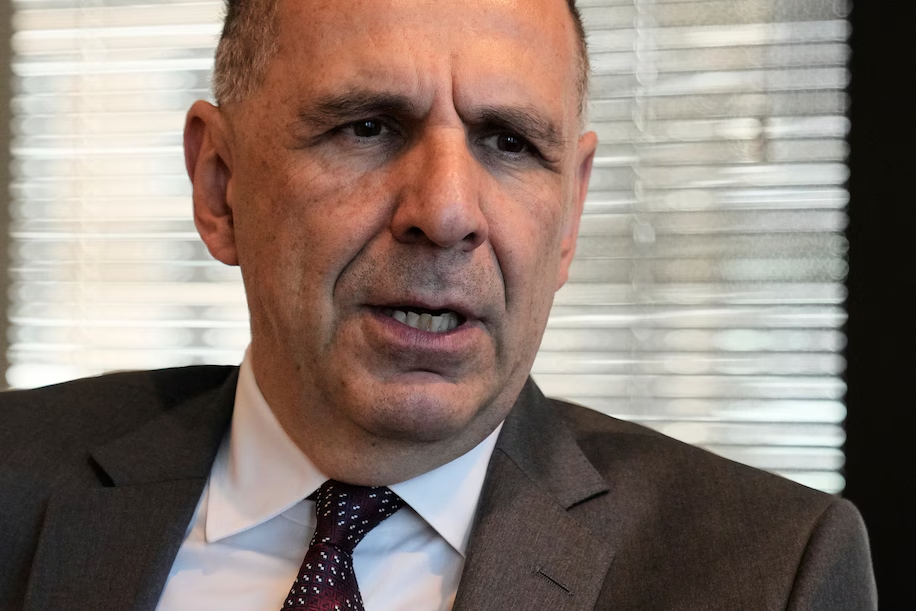The collapse of Air Belgium has unleashed a wave of confusion and financial hardship across the European travel sector, as thousands of passengers are left without refunds and travel companies are being forced to absorb the costs.
The airline, which filed for bankruptcy in October 2023, ceased all passenger operations, stranding both customers and businesses. Now, more than six months later, the repercussions are still unfolding as refund responsibilities remain unresolved, with travel companies and tour operators caught in the crossfire.
Despite the bankruptcy, many travel agencies that sold Air Belgium tickets—particularly as part of package deals—are now being legally required to reimburse customers, even though they have not received any money back from the airline or its administrators. The Belgian Association of Tour Operators (ABTO) has criticized this legal burden as unfair and unsustainable.
“Agencies are being forced to carry the financial losses of a failed airline they had no control over,” said Pierre Fivet, spokesperson for ABTO. “This creates a dangerous precedent and puts the entire travel ecosystem at risk.”
Air Belgium’s financial problems were well known in the months leading up to its bankruptcy. Plagued by mounting debts and operational difficulties, the company had already suspended several routes and had pivoted its focus to cargo transport before finally halting all passenger flights.
The Belgian government, which had partially supported the airline during the COVID-19 pandemic, has not announced any plans to compensate affected travelers or agencies. According to ABTO, this silence leaves a legal and moral vacuum, where private companies are expected to bear public consequences.
Under EU Package Travel Regulations, when a component of a package deal collapses—such as a flight provided by a now-defunct airline—tour operators are obligated to offer either a full refund or an alternative. This law aims to protect consumers, but in the case of airline bankruptcies, it has become a serious liability for small and mid-sized agencies.
Several travel agencies across Europe say they have had to refund thousands of euros to clients who purchased trips that included Air Belgium flights, with no reimbursement from the airline or government in sight. “We’re doing what the law tells us, but we’re bleeding money,” said one operator based in Antwerp. “How is this fair?”
Travel industry advocates are now calling for urgent reforms. ABTO has proposed a European-level insurance or guarantee fund specifically designed to shield travel companies from the financial fallout of airline insolvencies. Similar mechanisms already exist in sectors like banking and insurance, but tourism has remained vulnerable.
Consumer groups agree that protections must be strengthened but argue that passenger rights must not be diluted in the process. “People who book a holiday expect to get what they paid for or at least their money back if things go wrong,” said a spokesperson for the European Consumer Organisation (BEUC). “But the responsibility should lie with those who caused the disruption—in this case, the airline and its regulators.”
The airline’s liquidation process has also drawn criticism. Many passengers who attempted to file refund claims with the airline’s liquidators have found little clarity and even less compensation. Legal experts say it could take years before any payouts are made, and only a fraction of claims may be honored.
For now, travel companies are absorbing the costs while trying to maintain customer trust in an already fragile market. The situation highlights deeper structural weaknesses in European aviation law, particularly when it comes to accountability and consumer protection during insolvency events.
As the European tourism industry prepares for its busy summer season, the Air Belgium collapse remains a cautionary tale—one that underscores the urgent need for systemic legal safeguards that fairly distribute the burden of business failure across the entire travel value chain.
Source: Travel Tomorrow



